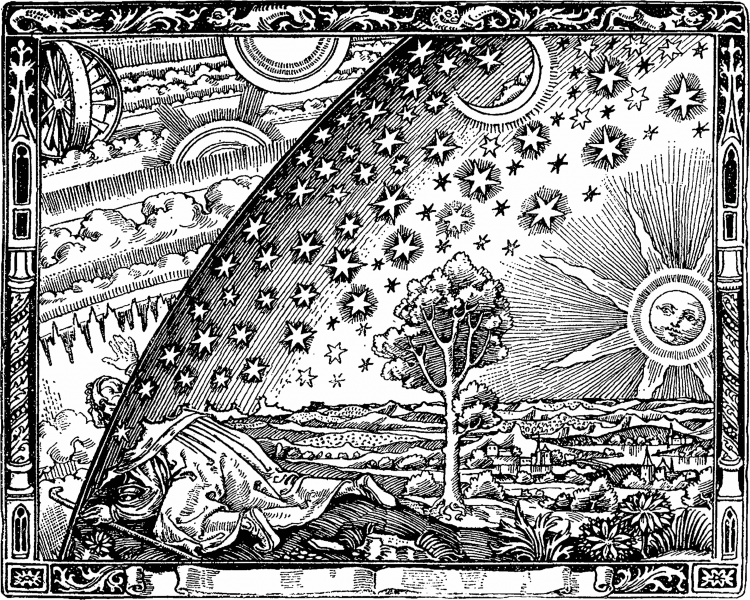Culture as the natural history of Homo sapiens: pluralism, memory, creativity
Abstract
A full century before Darwin, Linnaeus placed firmly our species in his classification of the animal kingdom, assigning it to the Primates, together with monkeys. To this day, however, Homo sapiens has retained a position of privilege, despite the advent of evolutionary theory: in many phylogenetic trees, the highest branch is reserved for our species. Nevertheless, anatomy and physiology do not ignore the structural and functional faults of our body, which suggest a more articulated vision of biological evolution. This opens, or reopens, the possibility of evaluating the distance that separates man from his closest cousins not in terms of genes, presumed custodians of a program for development, but of culture and its fundamental tool, the language. In fact, human history is has been running through a plurality of languages and cultures. Fascinating parallels emerge between biological species and human languages, parallels that also reveal their fragility and disclose the fast decline of their diversity, increasingly due to behaviors adverse to our nature of cultural animals and eventually stifle our creativity.
Lectio Gioenia, delivered at the Scuola Superiore di Catania, on July 8, 2022


